About us
Contact the Capacity Building Consultants CBC Kenya Team
Wishes to collaborate with Multilateral Finance Institutions
Studying Circular Economy Initiatives in the cashew sector
Conduct studies on cashew Bio-waste Management
CBC Team (Côte d’Ivoire) Field study
About us
Capacity Building Consultants Ltd (CBC) provides solutions for implementing Natural Resource Management (NRM) programs and Sustainable Living Initiatives (SLI) using locally available resources. We advise on climate change and global warming concepts in Agriculture, Forestry, Waste Management and Green Energy Initiatives that include circular economy; Clean Development Mechanism (CDM), REDD+, Adaptation Benefits Mechanism (ABM) initiation and implementation.
We guide on development of low carbon project/programmes, Nationally Determined Commitments (NDC), National Adaptation Plan (NAP), common carbon markets initiative (CCMI), carbon dioxide removal (CDR) and carbon dioxide usage (CDU) in line with Article 6 to the Paris Agreement. We advise on Programmes of Activities (PoA) and Work Plans to ensure Sustainable Development Goals (SDG) with monitoring and evaluation tools that include detailed methodology, justification, timelines and itemized cost quotations.
We are currently developing the Côte d’Ivoire Cashew Sector Carbon Program in collaboration with the World Bank.

Côte d’Ivoire Cashew Sector Carbon Program
Ivory Coast is an agrarian country with agriculture as the main pillar for the economy. It contributes over 21% of the country’s gross domestic product (GDP), employs over half of the working population and provides over 75% of export earnings. Ivory Coast is the largest African exporter of raw cashew nuts, rubber, palm oil, bananas, and pineapples. It is the world’s largest producer of cacao. Rainfed agriculture is dominant, and it has suffered the effects of climatic variability due to a decrease in rainfall, and an increase in temperature and floods. This has led to the disruption of the cropping seasons due to shortening rainy season with ‘late start and early withdrawal’ of rains.
In Ivory Coast, cashew production started in 1959. The first cashew trees were planted in 1959 and 1960 to improve the protection of ecosystems which were seriously affected by deforestation and bush fires. Initially, cashew trees were planted to combat soil erosion in coastal areas, since they are fast-growing, tolerate salinity and thrive on sandy soils. Today, cashew trees are used primarily for cashew nut production in 46 countries across Africa, Asia and Latin America and the Caribbean. Cashews accounted for 17 per cent of world tree nut production in 2019/20, making it the third most popular tree nut after almonds and walnuts.
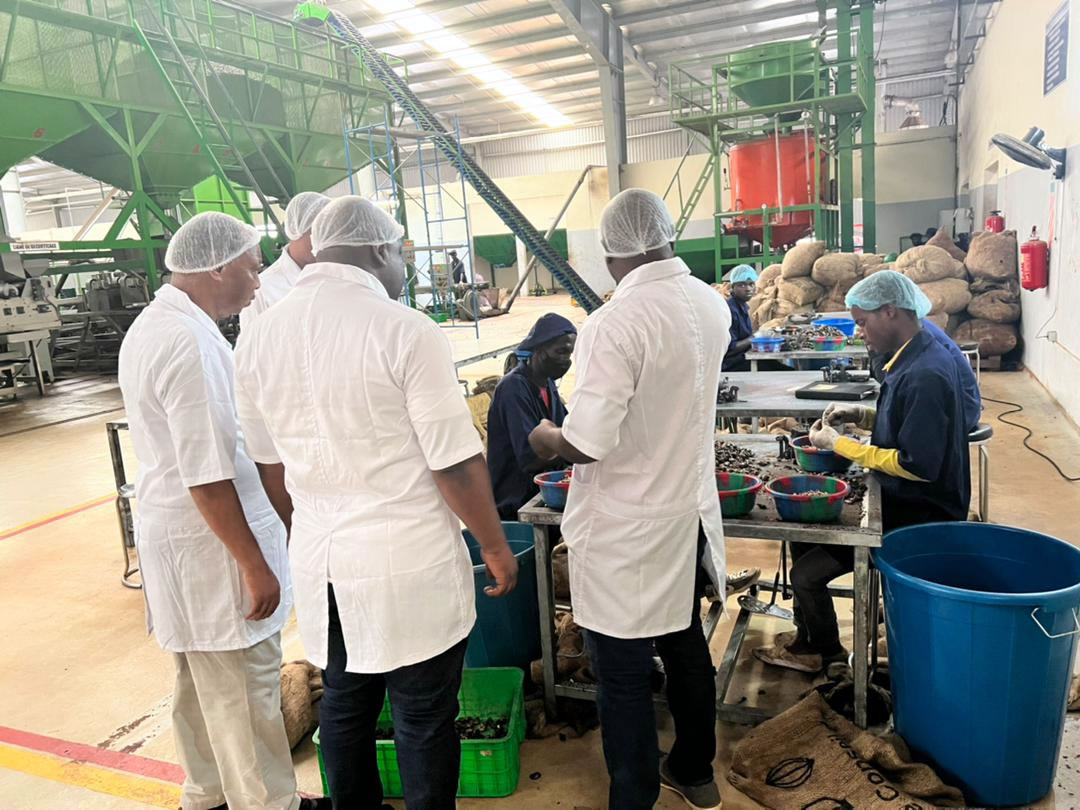
Forestry and Biomass Carbon
The cashew biomass carbon includes improved forest management (IFM) practices, Agricultural land management (ALM) life cycle analysis (LCA); green infrastructures policies, facilities and planning among other.
Carbon registration and additionality logic aim at ABM, Article 6 mechanism and voluntary markets alike, therefore Project activities firstly need to be accessed based on their eligibility and additionality to MRV methodologies available from all the above registers.
Our methodological approach involve than accessing the Project activities – considering their safeguards – to be analyzed during the duration of the contract by their Type (single Project or Program Of Activities POA), and group (Reduction or Removal), Sector (adaptation, Afolu, energy, waste etc), and Project activity to be executed (forestry, ALM etc.). With this initial classification, one can further evaluate possible eligibility (in terms of each criteria can be assessed to determine), baseline (scenario) and additionality (considering the baseline scenario).
Non-carbon benefits, leakage and non-permanence can also be determined earlier in the methodological framework, giving room to select which are the most suitable Project activities for each of the possible markets – adaptation or mitigation regulatory or voluntary. With these elements one can identify possible suitable MRV methodologies from different registries, both regulatory and voluntary, and from them to extract data need for measuring specific performance indicators. With the data it is possible to estimate roughly carbon credits generation potential and uncertainties associated with the figures





Agricultural intensification
Cashew trees typically bear fruit after three years and produce mature yields after seven or eight years. The economic lifespan of cashew trees is 20–25 years, after which yields begin to drop. The cashew plantations are not managed well. While average yield worldwide is around 1.0 t/ha, the cashew yield per tree in Ivory Coast is very low, 2 or 3 kg of raw cashew nuts per tree per year (i.e., 0.4 to 0.6 t/ha), therefore, income from cashew production is very low.
The agricultural intensification program in the cashew sector as an initiative on agriculture, forestry and other land use (AFOLU), intends to intensify the crop feeding and canopy management for sustainable productivity. It shall also creates more land for food and nutrition security and thus an opportunity to sequester large quantities of carbon in the soils. This increases adaptation resilience in the cashew growing soils and may result in a better carbon balance per hectare.
The cashew intensification shall include amelioration of the soil to mitigate emissions of nitrous oxide (N2O), increase in soil organic matter and soil organic carbon (SOC) to achieve food and nutrition security. The sequestered soil organic carbon shall also be analyzed and traded as part of the carbon assets. The PIN and PDD shall thus be developed based on the biomass that is currently available in the regions of the project area and the intended low carbon activities in form of climate smart agriculture (CSA) and sustainable agricultural lands management (SALM). Sustainable soil management (SSM) activities shall include soil amelioration (to lower emissions of N2O) calculated as removal units (RMU). As a part of intensification appropriate capacity building and advisory services would be offered.
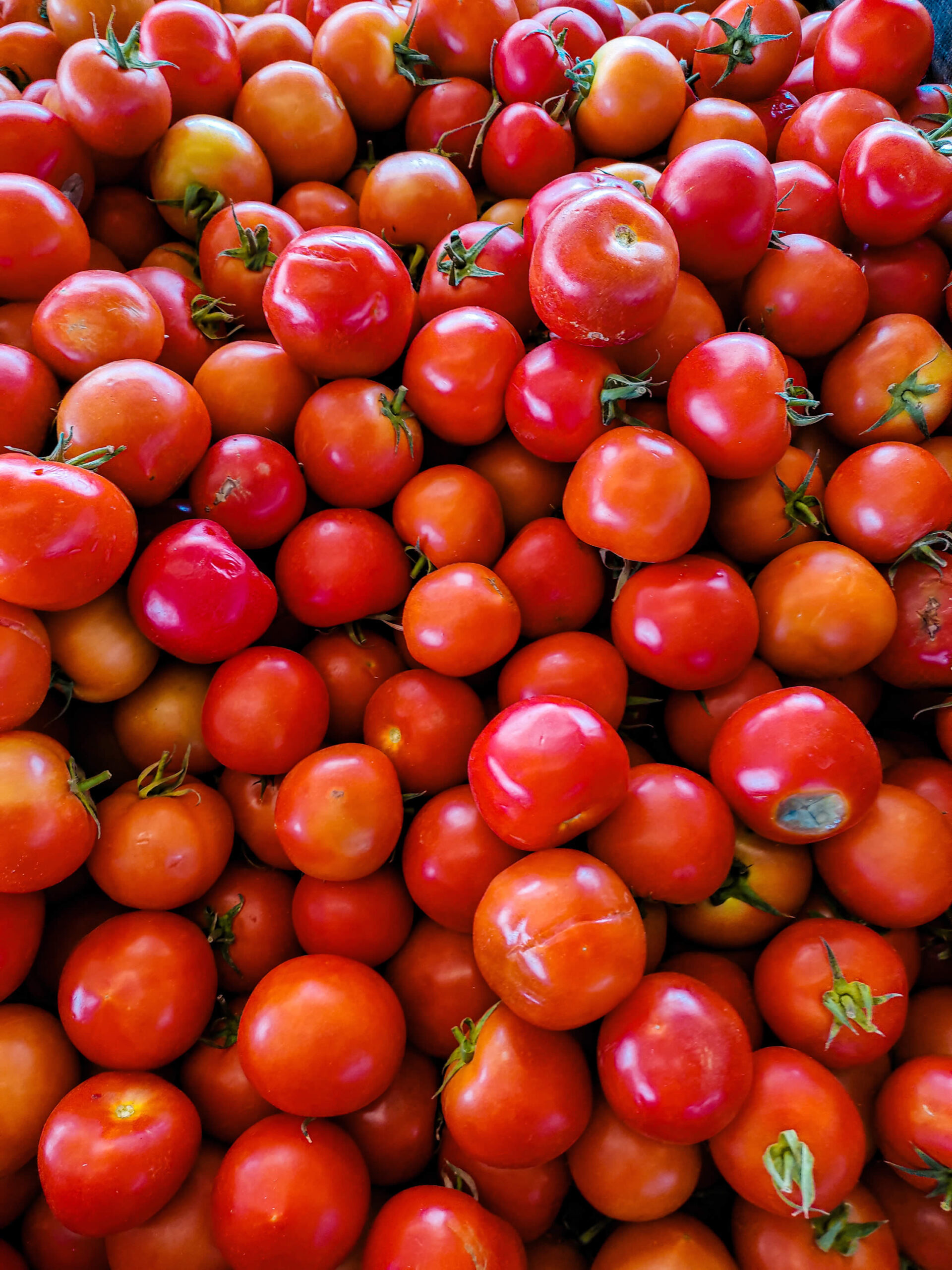
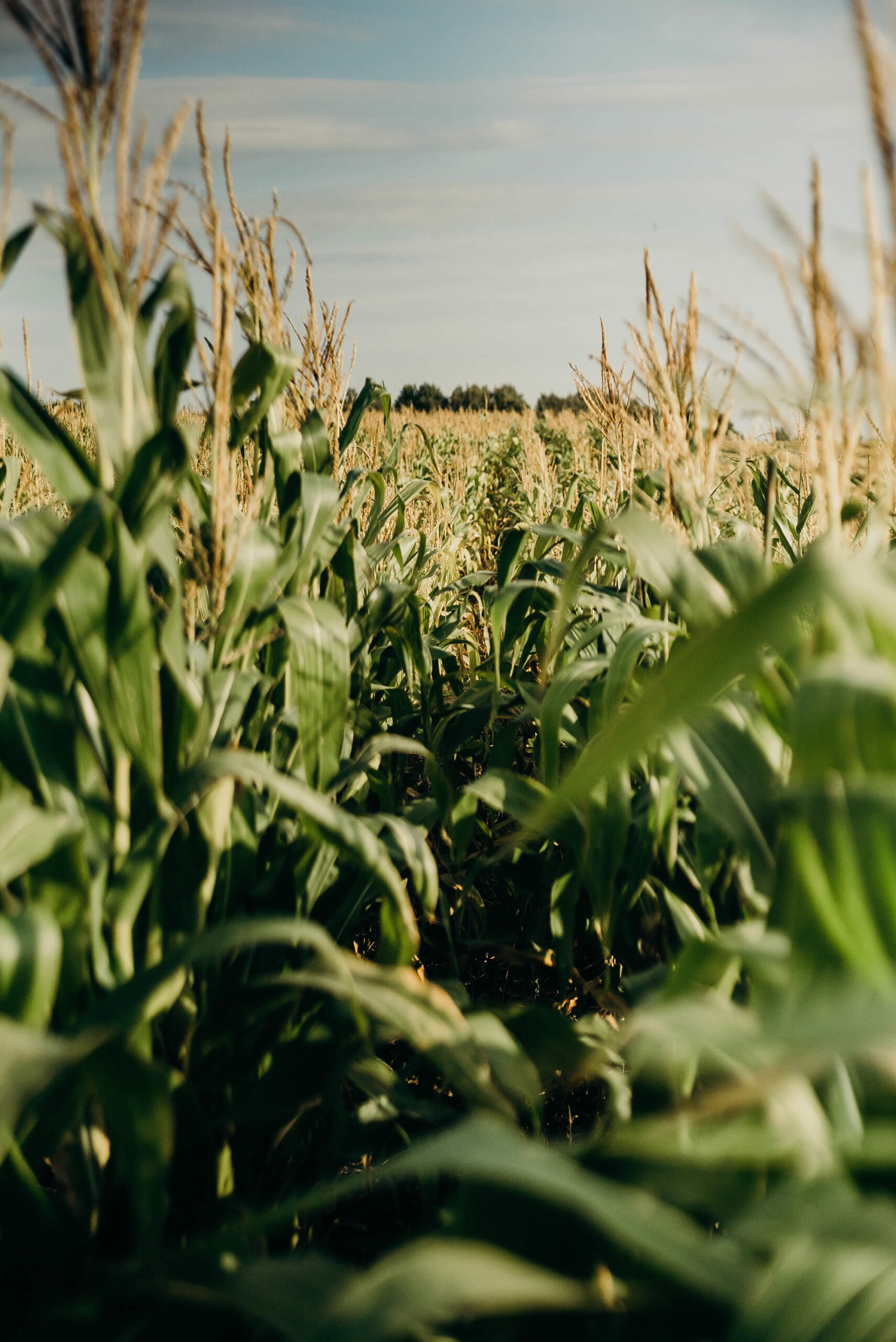

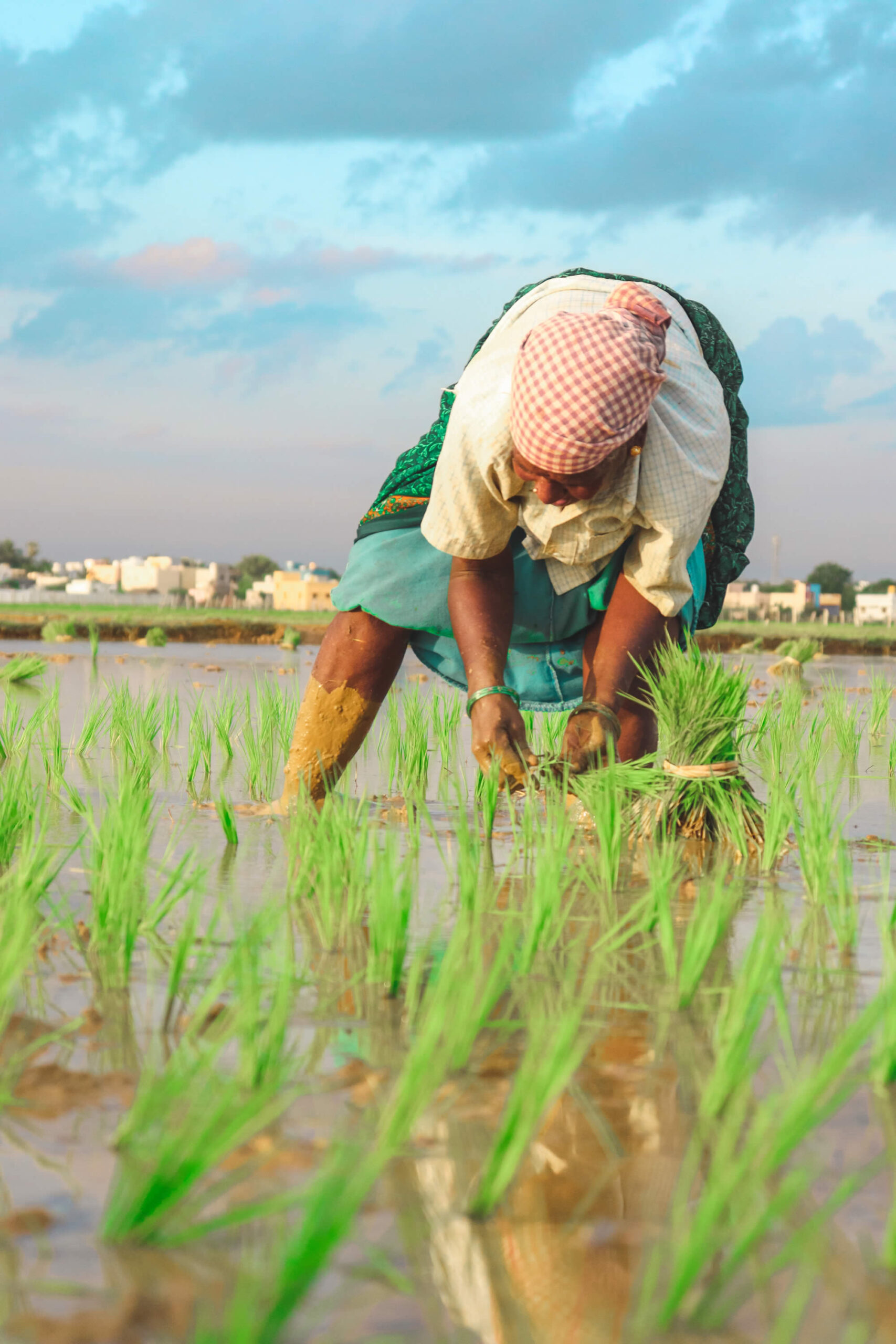
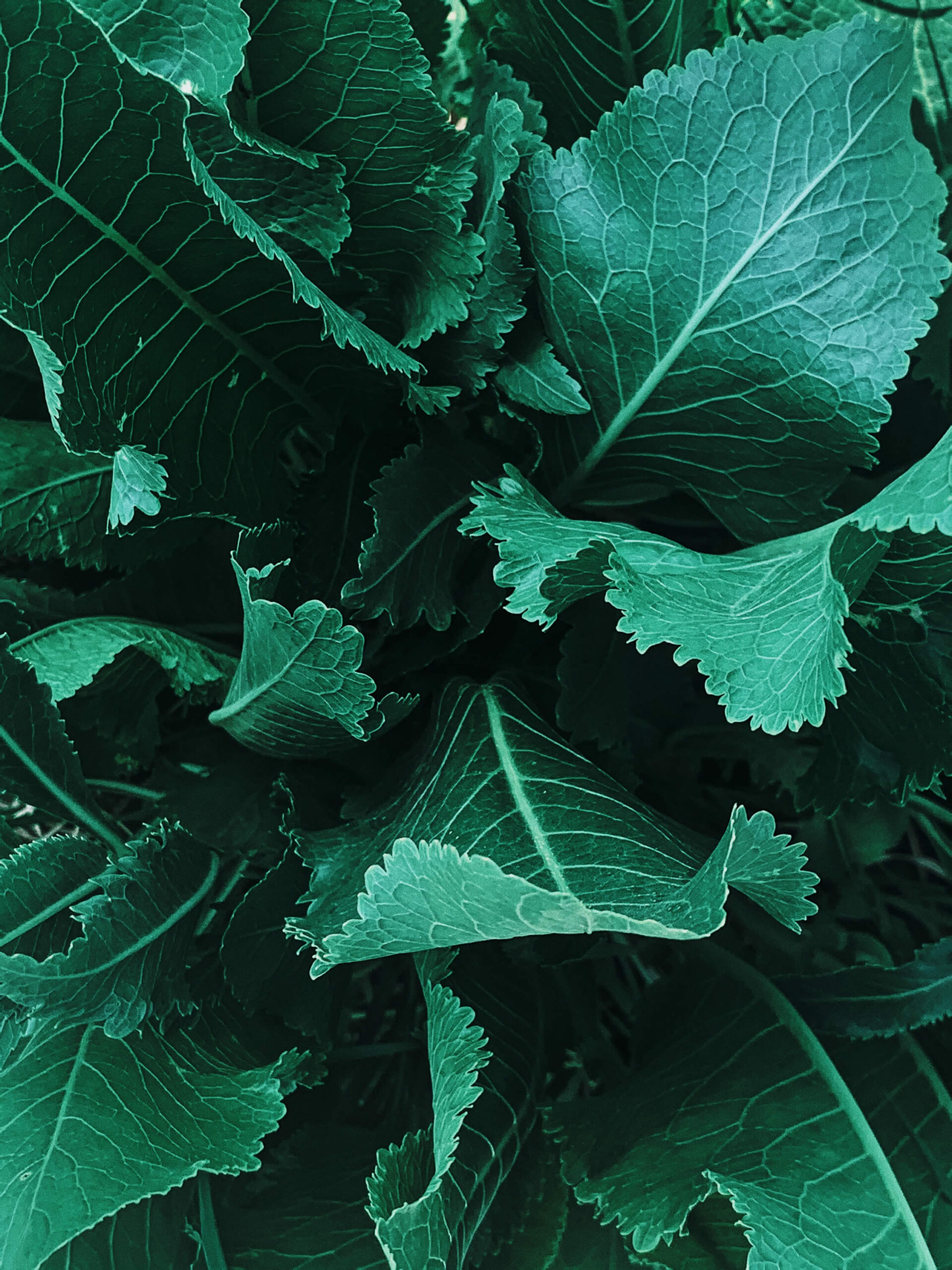

Waste Management, Renewable Energy and the Circular Economy
The true fruit of the cashew tree is the cashew nut, which is attached to the bottom of a swollen stalk, known as the cashew apple. Since the ripe cashew apple starts to ferment and degrade quickly after falling from the tree, it is often discarded during the cashew nut harvest. However, the cashew apple is rich in vitamin C and antioxidants and can be used to produce a range of food products, including pectin and juices, alcoholic beverages, vinegars, syrups and jams.
Global trade in RCN has more than doubled, from 872 million kg in 2009 to 2.1 billion kg in 2018. In value terms, trade in RCN increased almost fivefold in this period, reflecting increasing RCN prices in the 2010s. While Africa accounted for 52 per cent of global RCN production in 2018, it only processed 7.1 per cent of this share. On the other hand, Asia produced 42.7 per cent of global output of RCN but processed 87.5 per cent.
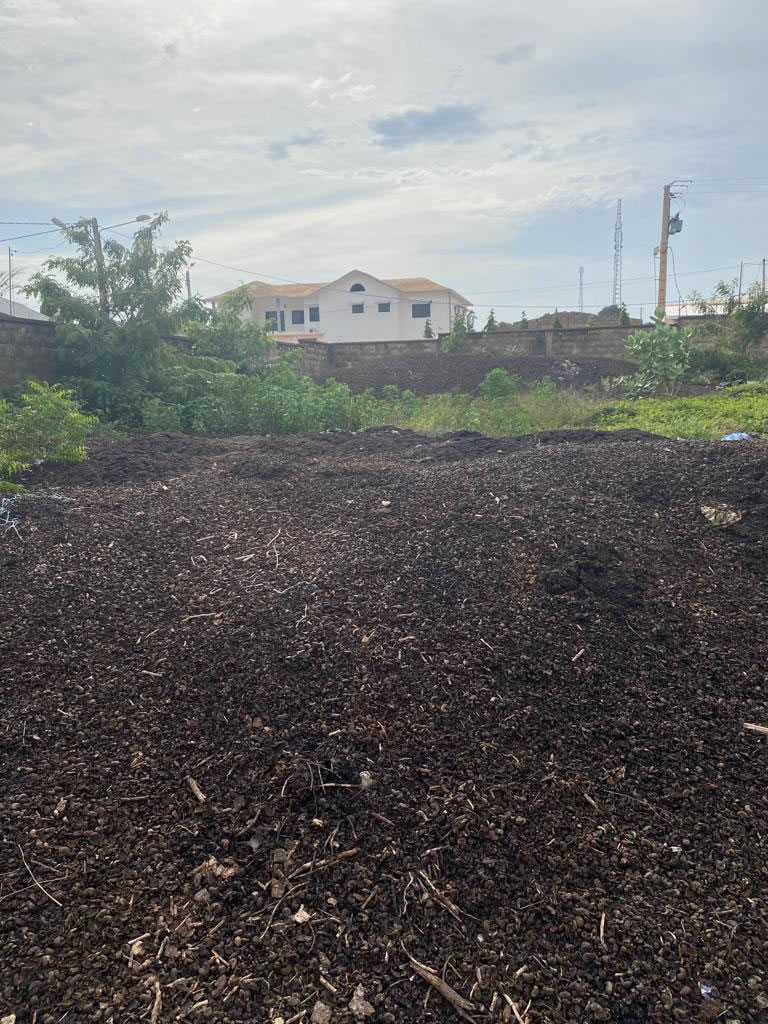

Cote d’Ivoire is the largest producer and the largest exporter of RCN in the world. While the country produced a record one million tons of nuts in 2020, up from 850,000 tons in 2019, less than 10 percent was processed domestically.
Cashew shelling consists of separating cashew kernels from their outer shell. Cashew kernels are used in cooking and cosmetics. Countries that export RCN forego opportunities to add value not only to cashew kernels, but also to cashew shells. The shell contains a resin, referred to as cashew nut shell liquid (CNSL), which has a range of industrial applications, including as a fluid for aircraft braking systems – earning the nut its nickname of “grey gold”.
In addition, dried cashew shells can be used as fuel. The cashew apple is also used to produce wine, liqueur, syrup, jam and juice. Cashew apple-based products have, therefore, great potential for value addition and employment generation in cashew-growing countries. This development of cashew shell-based by-products can go together with the anticipated expansion of both production and deshelling operations.
Currently, there is no policy on waste management in the cashew sector, creating a hazardous environment in the cashew communities and causing emission of methane (CH4) and water and soil pollution from cashew nut shell liquid (CNSL).
Team of Experts
Get to know the people behind Intact. Our creative and technical team.
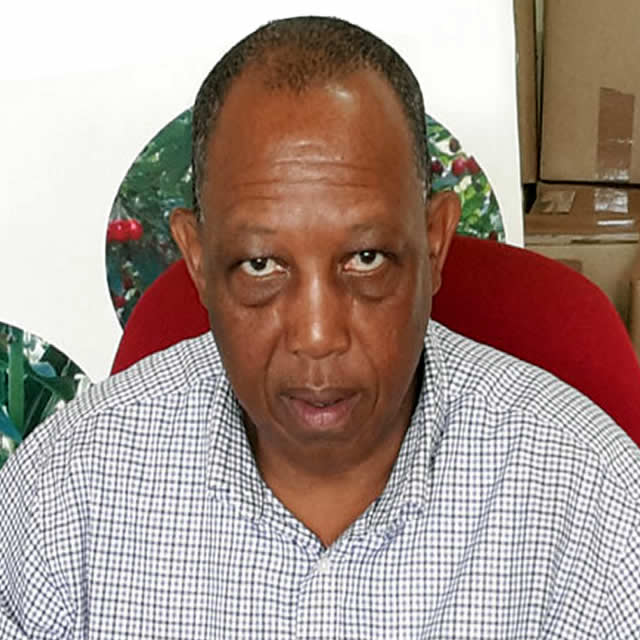
Capt Job Kareithi
LEAD CONSULTANTKenya ``Climate change science;
Precipitation mechanisms; meteorology and climatology; Climate Change Risk Management and Weather Index Insurance; Aviation science; applied aerodynamics; aviation fuels, jet repulsion technology, aircraft emissions audit and control;

Dr. Eder Zanetti
CARBON REGISTRATION AND ADDITIONAL LOGIC EXPERTSustainable Forest Management:
Brazilian Amazon within Global Context, GHG Inventory, Adaptation & Mitigation Plans, Integrating Forests and Wood Products in Climate Change Strategies...

Prof. Peter Kareithi PhD.
COMUNICATION AND DATA EXPERTCommunications expert responsible for developing data-oriented systems, including procedures and policies for data management, supervising data production, ensuring data quality and communicating and networking with partners.

Dr. Frederick N. Numbisi
BIO-SCIENCE ENGINEERING AND GEOINFORMATICSNatural Resources Management:
Multidisciplinary research in ecosystem services (ESs) survey and quantification. Remote sensing and geoinformatics application in agriculture, agroforests and forest monitoring, management.


Dr. Vithal Karoshi
FORESTRY; CARBON EXPERTIndian national having professional education in Business Management, Doctorate in
Agricultural Development with MSc (Agroforestry) and BSc (Forestry).

Dr. Gustave Aboua
ENVIRONMENTAL SCIENTIST; CARBON EXPERTPromotion of culture and good practices in terms of sustainable development, but also and above all to seize the opportunities offered by the green economy...

Joseph Kamau
GRAPHIC WEB DESIGNER & 3D ANIMATORJoseph is a highly experienced and knowledgeable Graphic Design consultant with extensive skills and experience in the field of Graphic Design and layouts....

Irene Wachera
Admin SupportAdministrative Support, Kenya HQ office